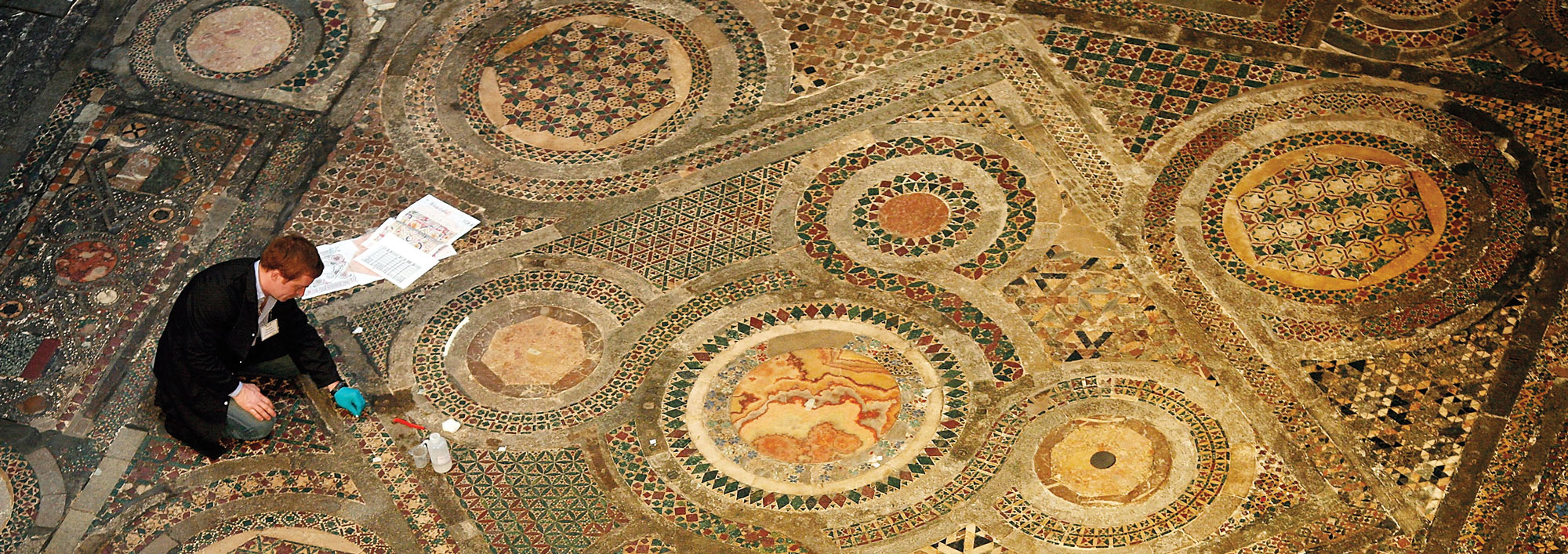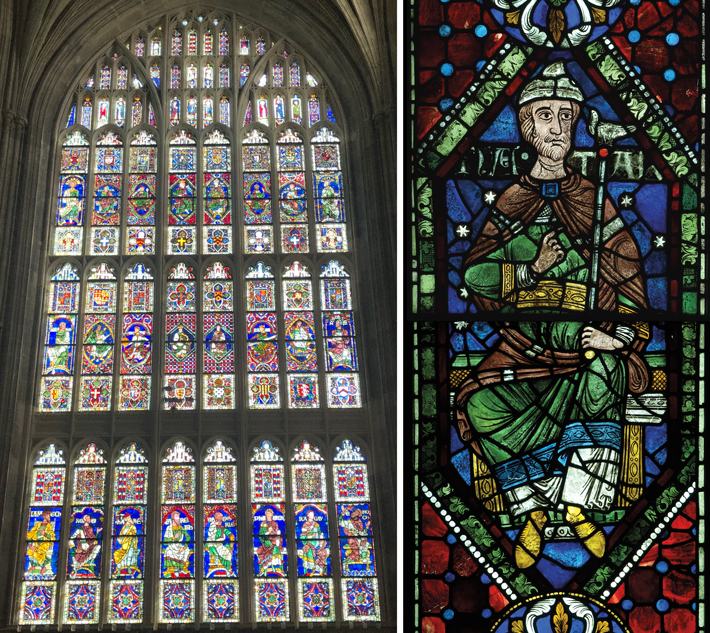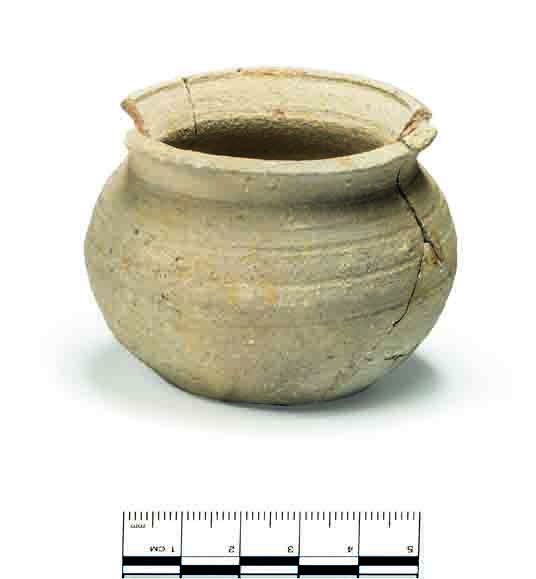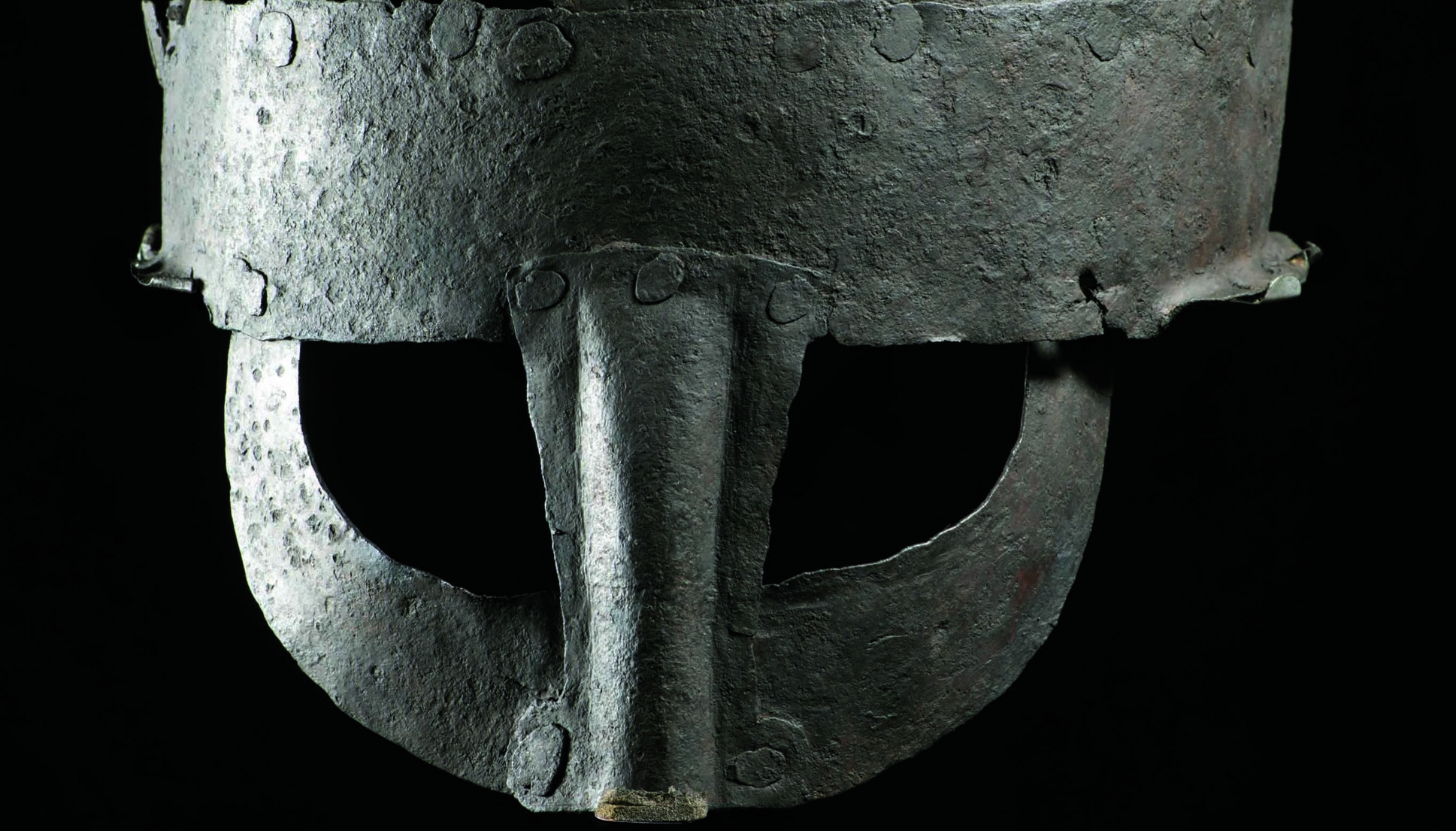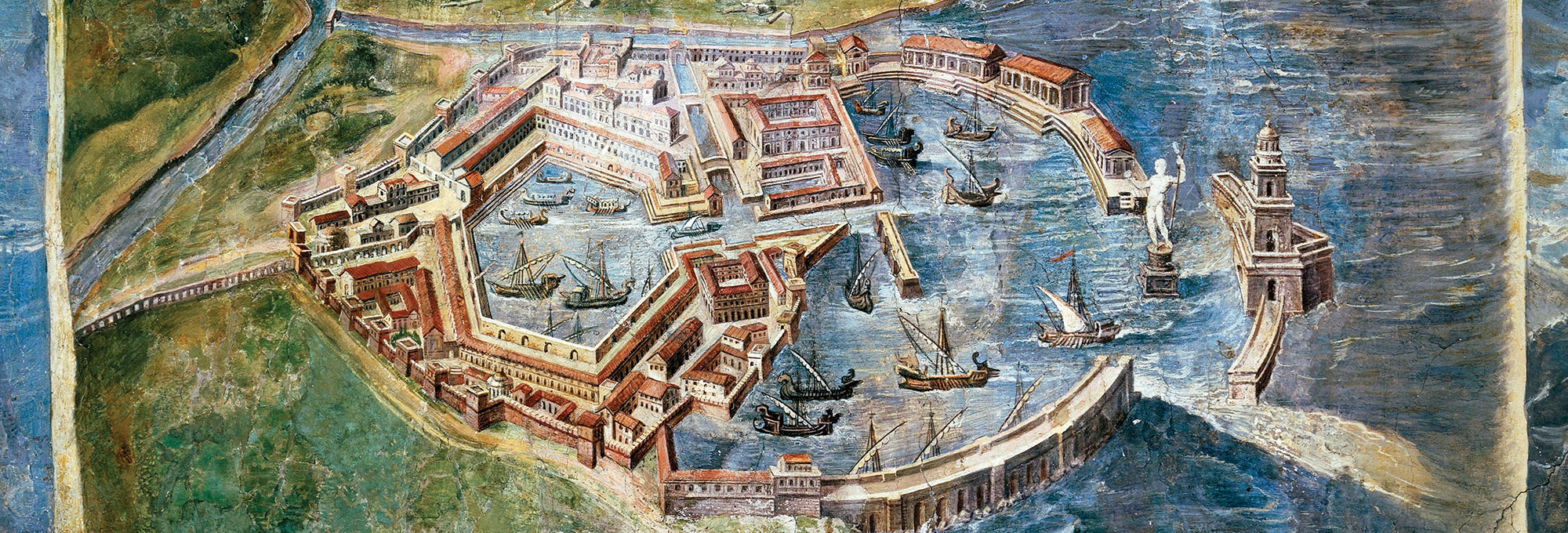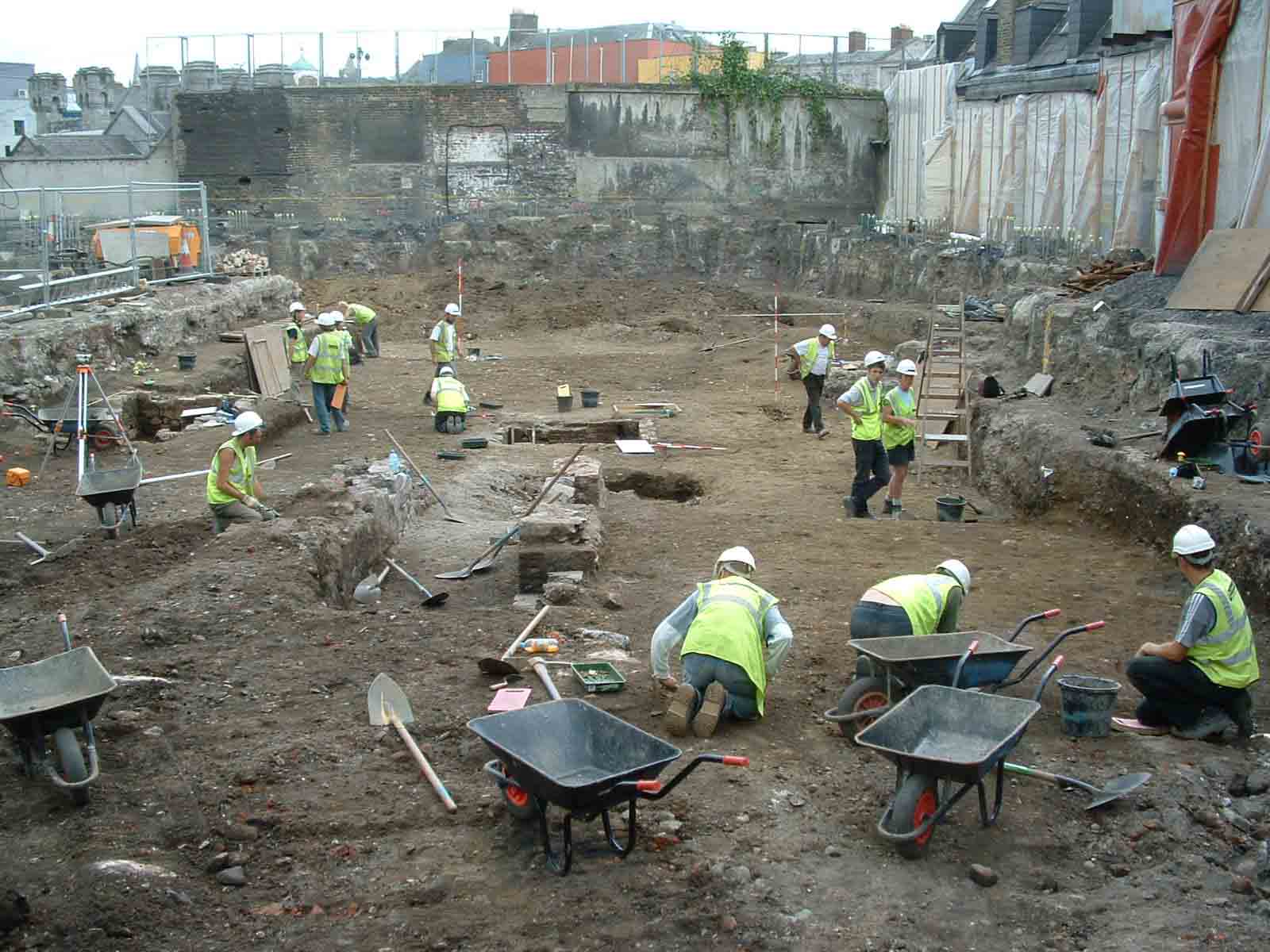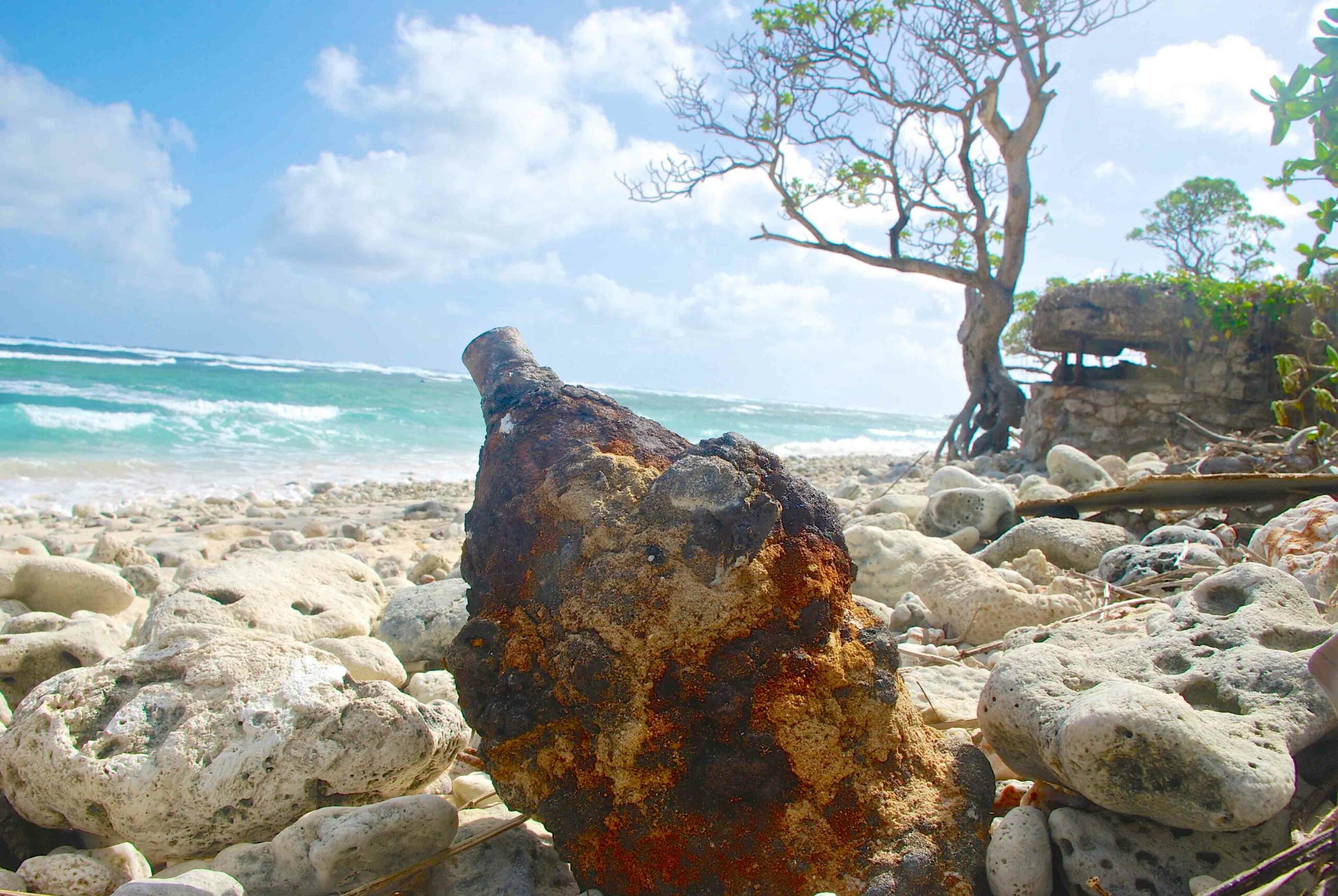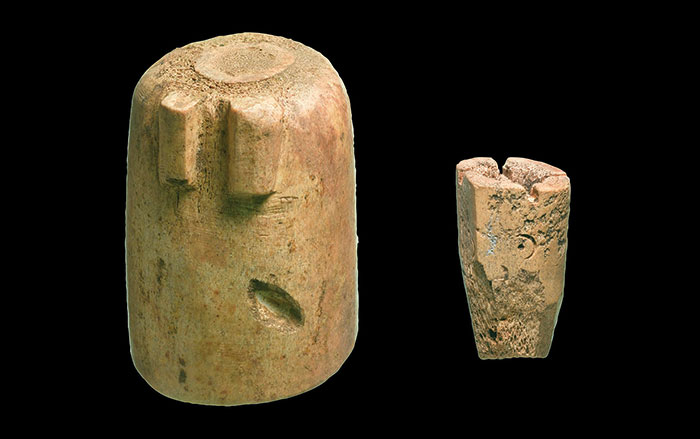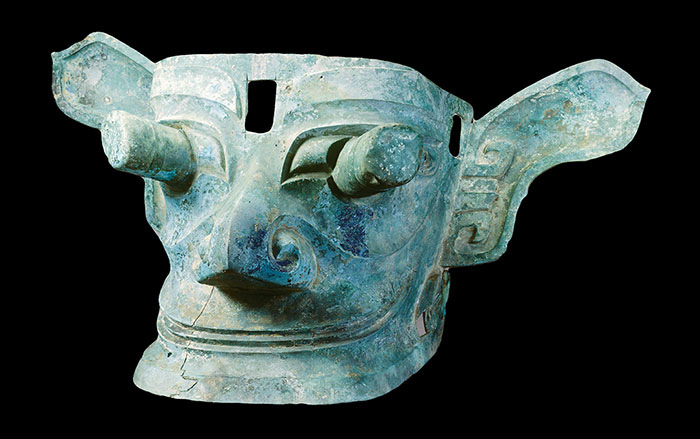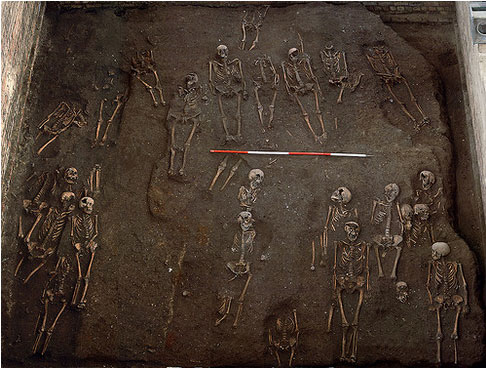
CAMBRIDGE, ENGLAND—A medieval hospital cemetery beneath the Old Divinity School at St John’s College, Cambridge, has turned out to be much larger than previously thought. More than 400 intact burials were excavated during the renovation of the building, along with the disarticulated remains of as many as 1,000 individuals, for “one of the largest medieval hospital osteoarchaeological assemblages from the British Isles,” Craig Cessford of Cambridge University said in a press release. Most of the burials lacked coffins, and many even lacked shrouds, suggesting that the cemetery served “poor scholars and other wretched persons,” who were cared for at the hospital, as described in its Augustinain ordinance from 1250. “Evidence for clothing and grave-goods is rarer than at most hospital cemeteries, principally because this was a purely lay graveyard with no clerics present,” Cessford said. Pregnant women were not cared for at the hospital, and in fact, no remains of infants and few young women were identified among the bodies. The cemetery had gravel paths and a well. Seeds from flowering plants have also been recovered. To read in-depth about a similar discovery, see "Haunt of the Resurrection Men."


